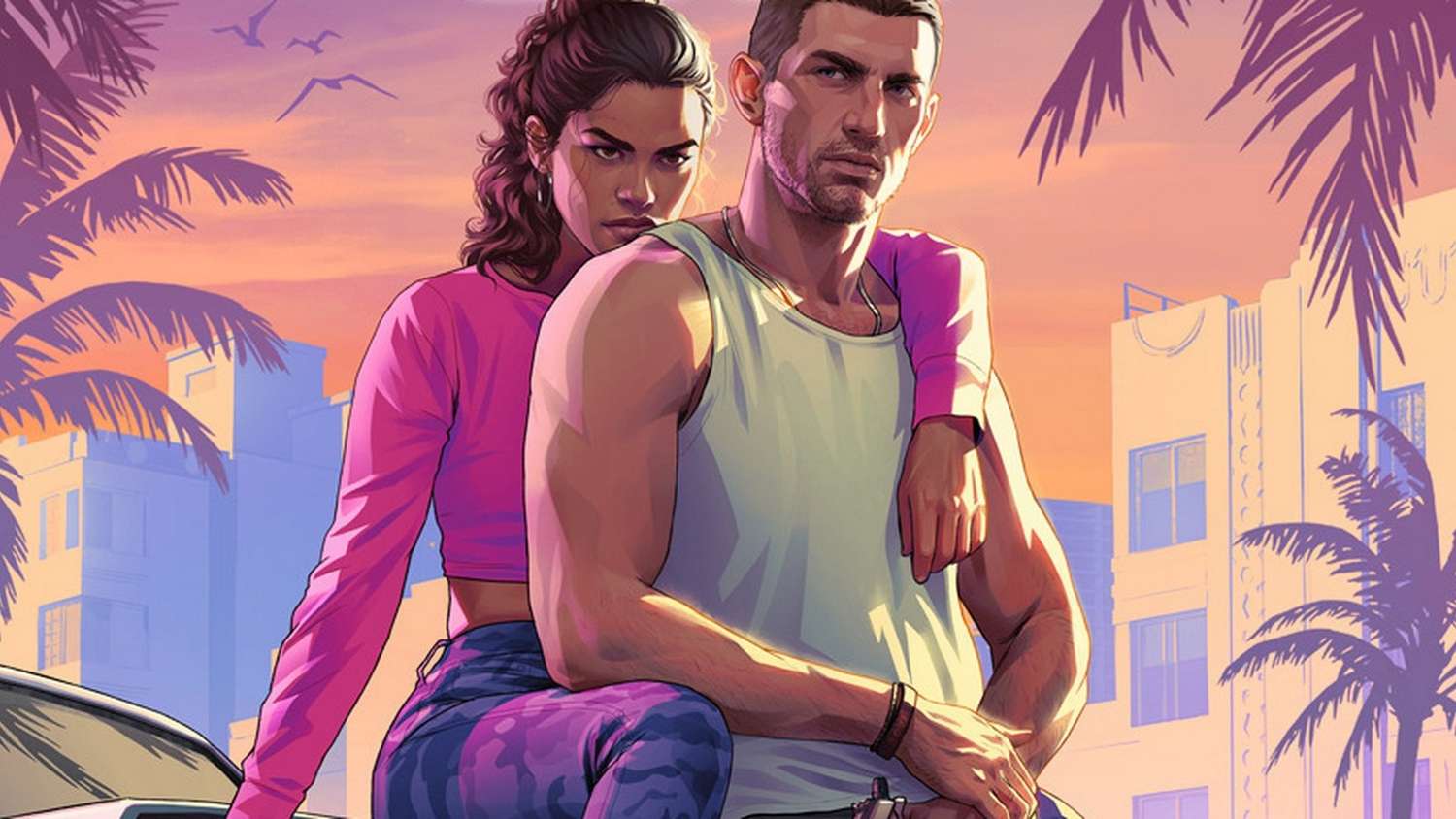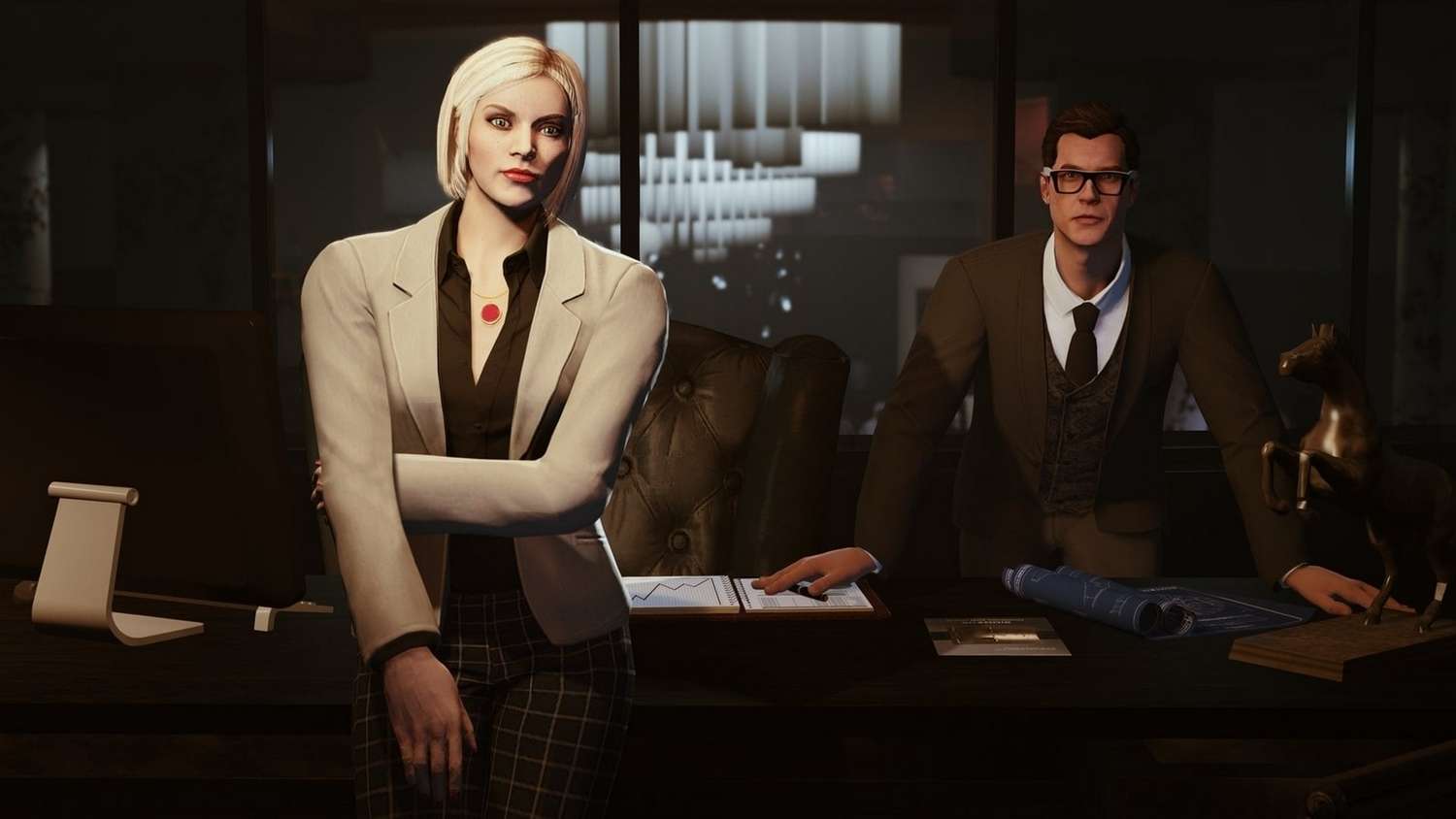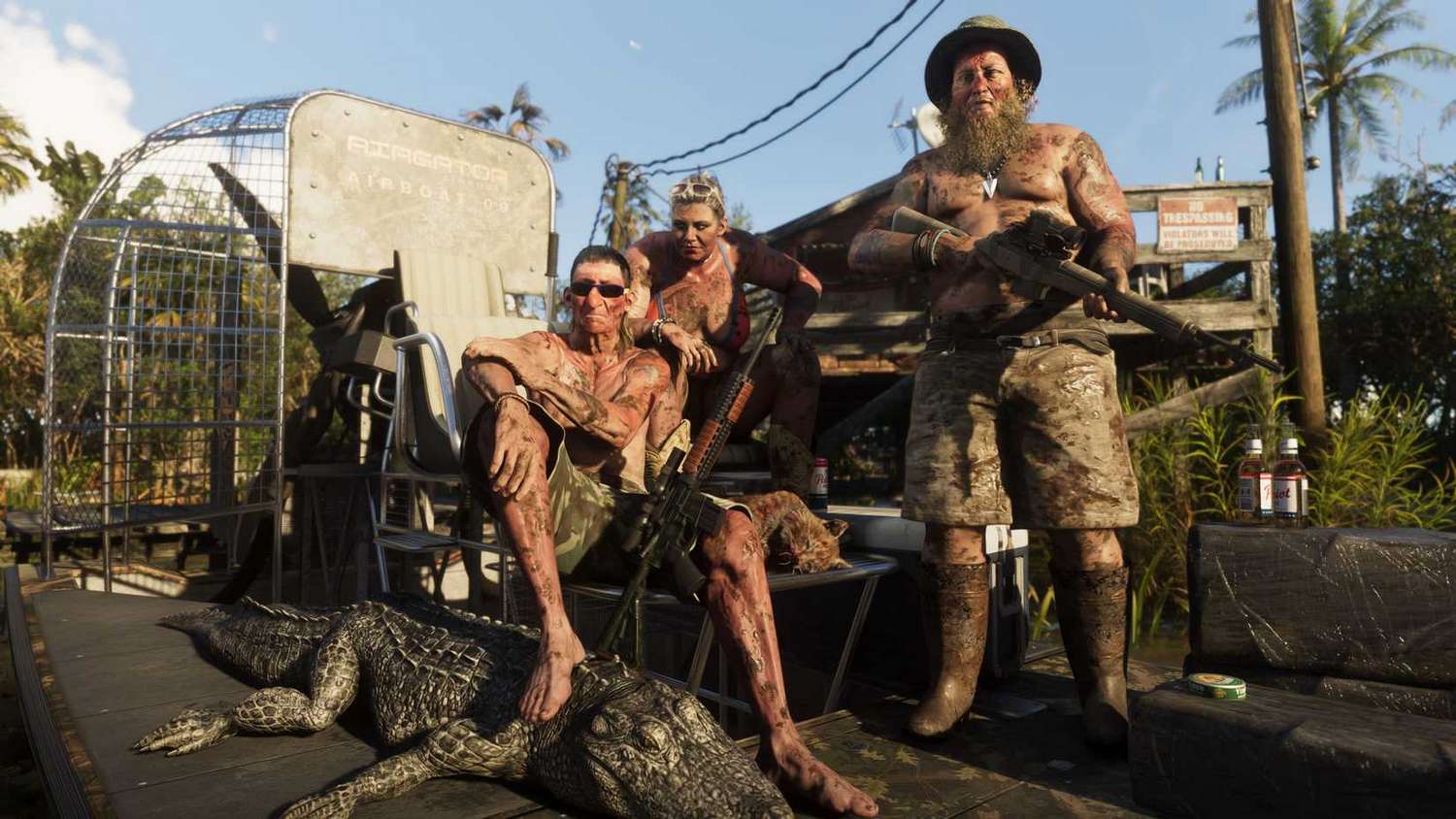Rockstar Games Dismissals Ahead of GTA 6 – Union Busting or Misconduct?
Popular Now
 Schedule I
Schedule I
 Fortnite
Fortnite
 Poppy Playtime
Poppy Playtime
 Brawl Stars
Brawl Stars
 Minecraft
Minecraft
 Garena Free Fire: Kalahari
Garena Free Fire: Kalahari
 NBA 2K24
NBA 2K24
 League of Legends
League of Legends
 R.E.P.O
R.E.P.O
 Gacha Club
Gacha Club
 The highly anticipated release of Grand Theft Auto VI (GTA 6) is shrouded in new controversy following reports of significant staff dismissals at developer Rockstar Games. According to multiple reports, between 30 and 40 employees across the company’s UK and Canadian offices were terminated this week. This news has ignited a fierce debate between a prominent labor union and the gaming giant, bringing the perennial issue of developer working conditions and video game labor rights back into the spotlight.
The highly anticipated release of Grand Theft Auto VI (GTA 6) is shrouded in new controversy following reports of significant staff dismissals at developer Rockstar Games. According to multiple reports, between 30 and 40 employees across the company’s UK and Canadian offices were terminated this week. This news has ignited a fierce debate between a prominent labor union and the gaming giant, bringing the perennial issue of developer working conditions and video game labor rights back into the spotlight.
The timing of these cuts, as the studio is purportedly in the final stages of development for one of the most consequential titles in gaming industry history, has raised significant questions regarding the internal stability and management practices at Rockstar Games, a subsidiary of Take-Two Interactive.
Allegations of ‘Ruthless Union Busting’ Shake the Industry
The Independent Workers Union of Great Britain (IWGB) has been swift and vehement in its condemnation, alleging that the dismissals constitute a calculated and “ruthless act of union busting”. Sources from the union indicate that all affected employees were either members of the IWGB or actively involved in internal unionization efforts, including participation in a dedicated trade union Discord channel. The union’s leadership has stated that this action is a “flagrant contempt for the law” and for the lives of the workers.
The IWGB has highlighted the potential devastating impact on the dismissed staff, noting that some workers were on company-sponsored visas or relied on workplace healthcare schemes, compounding the severity of the sudden job loss. This development underscores the ongoing struggle for fair labor practices and worker organization within the lucrative yet volatile global video game market.
Take-Two Interactive Cites ‘Gross Misconduct’
In a direct counter-statement, a spokesperson for Take-Two Interactive, the parent company of Rockstar Games, firmly refuted the union-busting allegations. The publisher maintained that the dismissals were made “for gross misconduct, and for no other reason,” adding that the company “fully support[s] Rockstar’s ambitions and approach.”
This claim of misconduct remains vague, with Rockstar Games yet to provide public details on the specific nature of the alleged infractions. Given Rockstar’s recent tightening of internal security, which included a contentious mandate for all employees to return to the office five days a week—partially in response to the major GTA 6 data leaks in 2022—speculation is rife that the firings could be linked to security breaches or non-compliance with new company policies.
 The Backdrop: Instability and the Return-to-Office Mandate
The Backdrop: Instability and the Return-to-Office Mandate
This recent wave of firings occurs against a backdrop of widespread gaming industry layoffs and internal unrest at Rockstar. The beginning of 2025 has seen several studios announce significant job cuts, reflecting broader financial anxieties despite record-breaking game sales.
The recent mandatory return-to-office policy at Rockstar, initiated earlier this year to better manage the final push for GTA 6, was met with significant resistance from staff. Developers raised concerns about the impact on work-life balance, particularly for those with caregiving responsibilities or health issues. The union has previously supported these workers, arguing that the mandate was unnecessary, especially for a project that had been largely developed remotely.
- Key Concerns:
- Union Activity: Over 30 employees reportedly connected to union organization were dismissed.
- Company Justification: Take-Two cites “gross misconduct” as the reason for terminations.
- Industry Context: The firings align with a broader, unsettling trend of video game job cuts despite high profits.
- Development Impact: The internal upheaval raises concerns about potential delays or disruptions to the final development phase of GTA VI’s launch.
The High-Stakes Development of GTA 6
The development of Grand Theft Auto VI is perhaps the most scrutinized project in modern entertainment. With a release window rumored for 2026, the game is poised to be a colossal financial and cultural event. This level of pressure, however, often translates into intense, prolonged working periods known as “crunch culture”—a practice Rockstar has been criticized for in the past, particularly during the development of Red Dead Redemption 2.
The IWGB argues that the layoffs are a calculated move to destabilize union efforts before the inevitable high-pressure work cycle accelerates. Their statement suggests that by eliminating organized voices, the company can enforce more stringent and demanding work conditions without collective pushback. Conversely, the parent company’s emphasis on “gross misconduct” could signal an aggressive stance against internal leaking or dissent deemed disruptive to the project’s security and timeline.
 What This Means for Players and Investors
What This Means for Players and Investors
For investors, the immediate concern lies with the potential for development disruption. While Take-Two Interactive’s stock has remained resilient, large-scale internal upheaval at such a critical stage carries financial risks. The CPC (Cost Per Click) value for keywords like “GTA 6 Release Date”, “Grand Theft Auto VI Pre-Order”, and “Rockstar Games Stock” remains exceptionally high, underscoring the market’s dependence on the game’s success.
For the millions of dedicated players, the controversy adds a layer of ethical complexity to their anticipation. The narrative shifts from pure excitement over new GTA gameplay features to a more sobering discussion on the human cost of developing AAA titles. The gaming community is increasingly vocal about supporting ethical development practices, and this conflict could affect public perception of the brand.
Looking Ahead: A Demand for Transparency
The IWGB has publicly stated it will not back down and is pursuing all necessary legal avenues to protect the dismissed workers, demanding greater transparency from Rockstar and Take-Two. The situation is a stark reminder that even the most successful, high-profile video game development studios are not immune to the labor disputes that plague other major industries.
The coming weeks will be critical. Further details on the alleged “gross misconduct” will be crucial for Take-Two to substantiate its claims and mitigate the growing PR crisis. Simultaneously, the continued actions of the IWGB will serve as a bellwether for the future of game developer unionization in the UK and globally.
The development of GTA 6 is more than just a technological and creative challenge; it is now a defining moment for labor relations in the video game industry.









